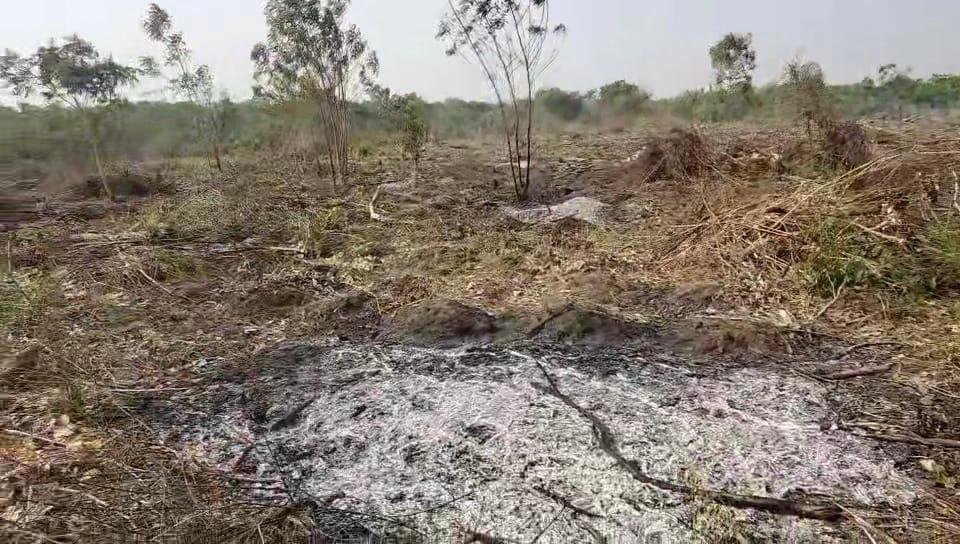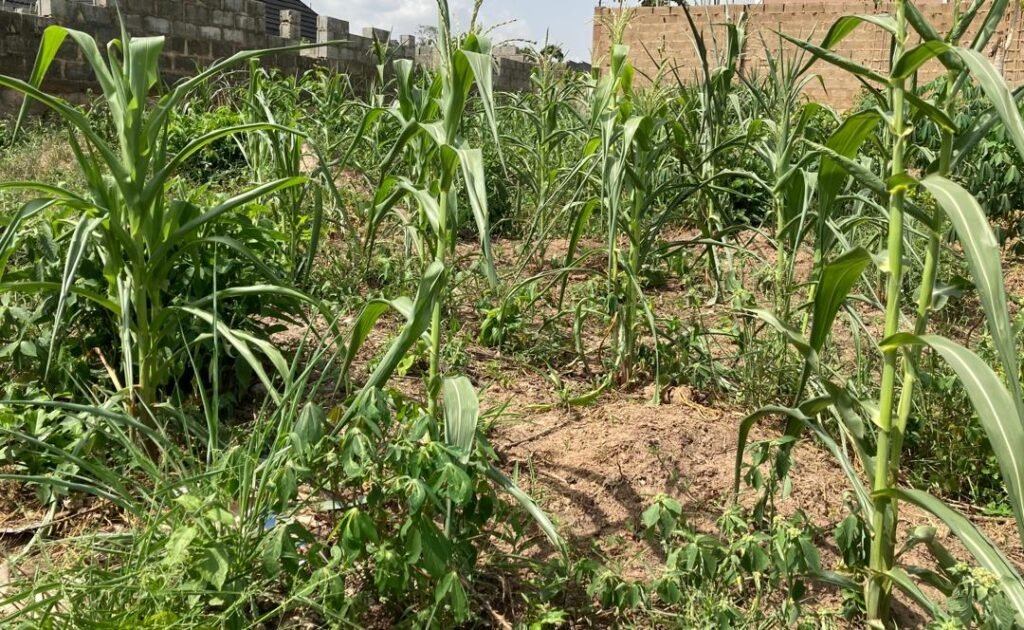Agric expert calls for climate-smart farmers: attributes climate change and insecurity as a factor responsible for food insecurity in Nigeria by Femi Ojo.

Climate change is the long-term increase in the earth’s average surface temperature and the large-scale changes in global, regional, and local weather patterns caused by a significant increase in the levels of greenhouse gases that are produced by the use of fossil fuels.
It affects everything from Agriculture to geopolitics to economies to migration. It shapes cities and life expectancies
Agriculture is strongly dependent on weather, hence very vulnerable to weather variability and climatic changes. Climate change is expected to increase weather variability and enlarge the vulnerability of already susceptible regions, including those that are already warm and prone to drought. Rainfall patterns may shift.
Adaptation is essential to make existing agricultural systems resilient against climatic changes and extreme weather events and to maximize agricultural yield.
However, To assess climate impacts and design robust adaptation strategies, it is essential to have access to reliable, region-specific climate information.
A research article published last year in August by Dataphyte’s titled “From Farm to Future: Thoughts on Food Security, Farmers’ Prosperity and Fiscal Stability in Nigeria” has revealed that Nigeria’s crop production has been on a steady decline in the past 2 years.

It stated that Between Q1 2020 and Q1 2022, crop production the largest subsector within the agricultural sector has declined by 47.2%. Attributing factors resemble ranges from insecurity, to the inability of Nigerian farmers to adopt advanced technology and systems.
An Agric consultant, Mr Gbadebo while speaking on this crisis at hand explained that Nigerian farmers must begin to factor in the aspect of climate change while planning to farm, as this presently has a huge effect on their output.
He noted that the effect cannot be overemphasized considering the present realities on the ground, with references to the invasion of pests in Ghana, which was declared a national emergency, the 700 billion naira loss recorded by fish farmers in Ilorin last year, the present flooding of farm land across the country and the change in soil texture and component.
He said, “If we don’t know, it’s time for us to understand that these things have changed because before we experience rain around April or we experience it early but now the time has changed we should also work in line with this climate change, that means probably you need to shift your planting date and plant good seed varieties the one that is resistance to the season in your area. Nobody will tell me that there’s no pest. It happens everywhere, These are the results of climate change.”
A farmer and uptaker who also spoke with me explained the changes in climate lately have affected them, “ climate change is real, the last couple of days have been really tough, the rains we experience last week flooded my sweet corn and vegetable farm, we cannot predict the weather again, the sun is either too hot or the rains too much “
The consultant disclosed that though the government of Nigeria had introduced a good program to encourage those into farming, there should be sensitization on climate change and what needed to be done while planning, during the process, and while harvesting .“Farmers are not looking for more knowledge again, they keep doing the same thing the old way, they should always be updating their knowledge and be relevant to know what is going on outside there.”
If you may recall recently, the federal government of Nigeria declared a state of emergency in the Agric sector, due to the decline in food productivity and security, it is of paramount importance that special attention is equally placed on climate change as much as it is expected on the security of the lives of farmers
=====•••••=









